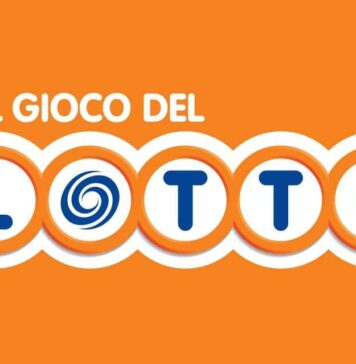Such a national approach is contrary to Union law which guarantees the free movement of information society services through the principle of control in the Member State of origin of the service concerned
In 2021, Austria introduced a law requiring domestic and foreign providers of communication platforms to put in place mechanisms for reporting and verifying potentially illegal content, including gambling. This law also provides for the regular and transparent publication of reports of illegal content. An administrative authority ensures compliance with the provisions of the law and can impose fines of up to 10 million euros.
Google Ireland, Meta Platforms Ireland and TikTok, three platforms established in Ireland, argue that the Austrian law is contrary to Union law, in particular the Information Society Services Directive.
When questioned on this question by an Austrian judge, the Court of Justice recalls the objective of the directive:
create a regulatory framework to ensure the free movement of information society services between Member States. From this perspective, the directive eliminates the obstacles represented by the different national regimes applicable to these services thanks to the principle of control in the Member State of origin.
It is true that, under strict conditions and in specific cases, Member States other than the Member State of origin of the service in question may indeed take measures to ensure public order, the protection of public health, public security or the protection of consumers. Such concrete derogations must be notified to the European Commission and the Member State of origin.
However, Member States other than the Member State of origin of the service in question may not adopt measures of a general and abstract nature applicable without distinction to any provider of a category of information society services. By "without distinction" we mean the lenders
established in that Member State and providers established in other Member States.
Indeed, the possibility for these Member States to adopt such general and abstract obligations would call into question the principle of control in the Member State of origin of the service concerned on which the Directive is based. If the Member State of destination (in this case Austria) were authorized to take such measures, this would go beyond the regulatory competence of the Member State of origin (in this case Ireland). Furthermore, this would undermine mutual trust between Member States and contravene the principle of mutual recognition.
Furthermore, the platforms concerned would be subject to different regulations, which would also violate the freedom to provide services and therefore the proper functioning of the internal market.











